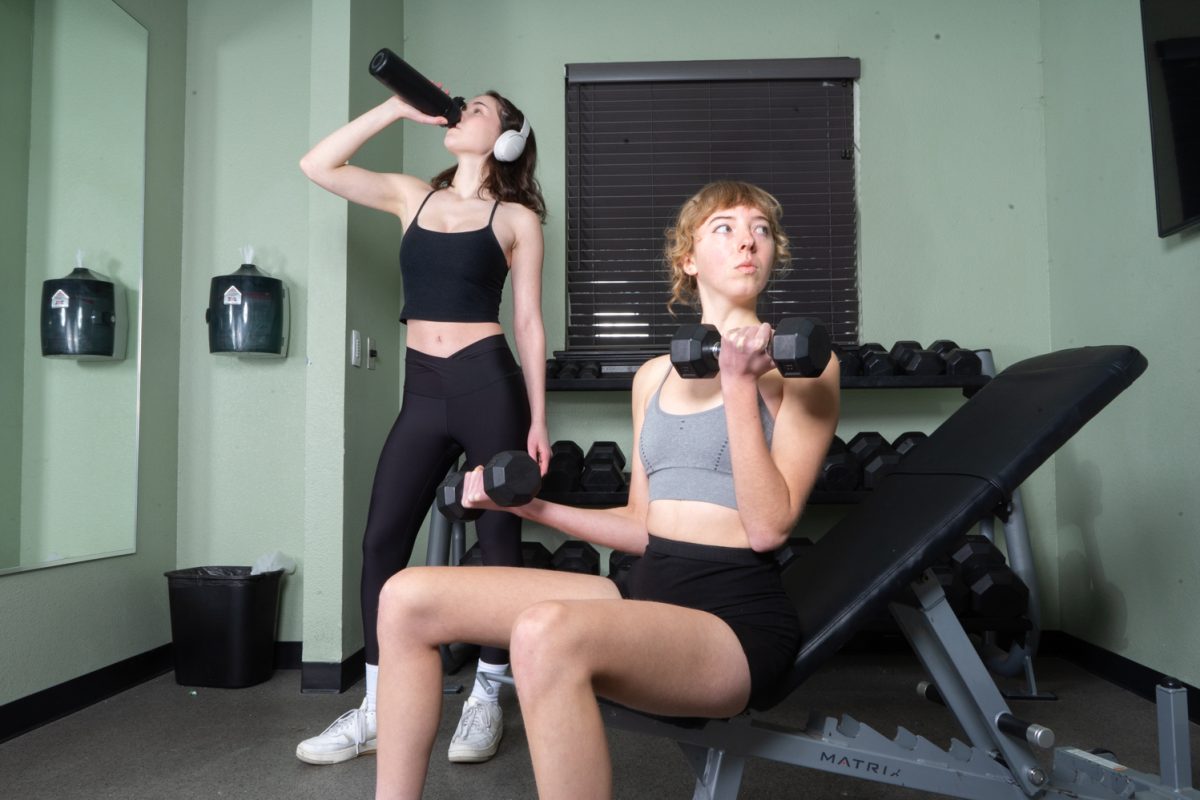The moment has come. The test is here and you did your studying, but the answers just won’t come to mind. You wonder what you could have done differently to better prepare for this moment. One question you can ask yourself is, “When is the last time I exercised?”

Many students find it hard to make time to exercise every day with their classes, job, friends, and family all crying for their attention and may decide that exercise isn’t a priority.
Dr. Brian Butki, a professor of Human Sciences at Colorado State University, disagrees. Dr. Butki said that exercise and cognition are linked “without a doubt”. To succeed in school you’ve got to get moving.
Exercise may be the pave stone missing in a modern student’s road to success. Research from the last few decades points to the fact that movement and cognition are inextricably connected.
In Dr. John Ratey’s book, Spark he speaks about how the brain’s physiology changes over time when we regularly exercise. The surface area of the brain, where higher functions like memory and problem solving occur, grows when you exercise consistently for long periods of time.
This research was famously proved by an experiment looking at the brains of two twins, one who exercised their entire life and one who did not. The brain of the twin who exercised had deeper crevasses and more surface area.
According to Dr. Butki, “Exercise leads to physiological changes in your brain, both structurally and functionally.”

It doesn’t have to be that much exercise either, just 35 to 60 minutes a day, and it doesn’t have to be all at once. Whether you spread the exercise into small 10-minute increments or do it all at once, you’ll receive the same benefits.
“Running, swimming, biking, playing basketball anything that at least moderately exerts you at a consistent amount. So it’s better to do cardio than weights,” Dr. Butki said. In order for exercise to help your brain, cardio-based activities are recommended as they are connected to increased blood flow and oxygen uptake to the brain.
Dr. Butki also recommended choosing when you exercise based on who you are. “If you’re not a morning person, don’t exercise then,” he said. Just exercising this much every day will help improve your problem-solving ability and your memory over time.
While it is proven that exercise helps your brain over time, other current studies suggest that exercising can help immediately. That quick push of exercise helps “wake up the brain” and prime it for cognition.
While studying and preparing for a test is still important, keeping active could be the little extra help you need to make sure you remember what you studied.





































